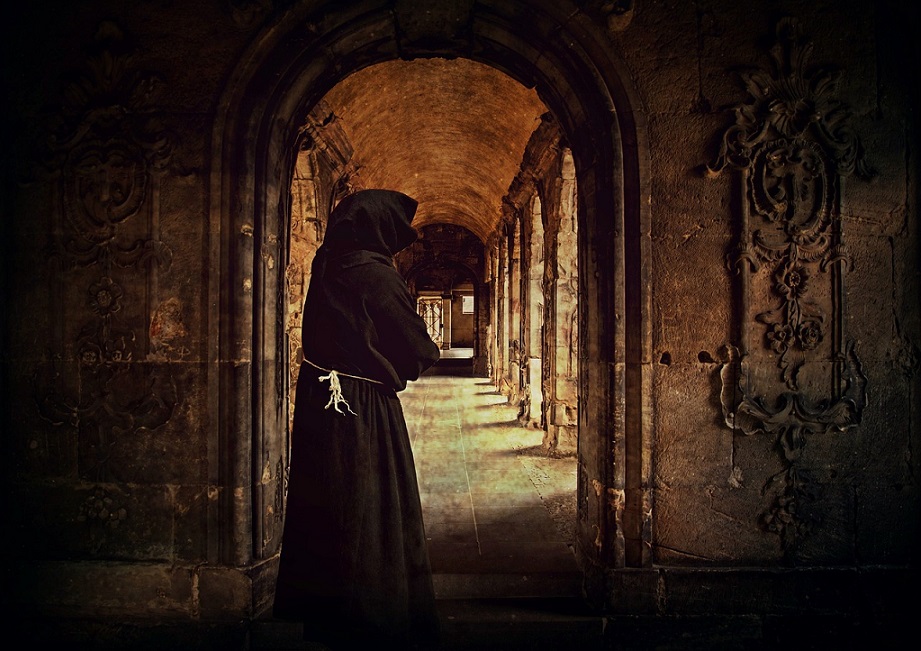What unites all fundamentalists is an over-riding commitment to a sacred text, through which all of truth must be interpreted. The sacred text cannot be questioned; only obeyed.
 Nigel Pocock
Nigel Pocock
In the past the word ‘fanatick’ (sic) meant an ‘enthusiast’ and it usually seems to have had an application to Christians that society deemed to be over-enthusiastic and upsetting to the stability of society.
The early Quakers (1640s and 1650s) were taken this way, and 2,000 were marched to gaol at a time, where many died.
These ‘fanatics’ were also ‘fundamentalists’. This is a term that gained popularity through a series of 12 Christian booklets called The Fundamentals (1910-15), in America. The term is now used to describe anyone who is unreasonably dogmatic and over-literal.
What unites all fundamentalists is an over-riding commitment to a sacred text, through which all of truth must be interpreted. The sacred text cannot be questioned; only obeyed.
 This is referred to as ‘intratextuality’ (as opposed to intertextuality, where historical and scientific research influences how a text is intrepeted).
This is referred to as ‘intratextuality’ (as opposed to intertextuality, where historical and scientific research influences how a text is intrepeted).
The Bible cannot be read in the light of other texts, only in the light of itself. There are huge benefits from such unquestioning obedience, in terms of personal certainty, social support, and social impact. The downside is a lack of problem-solving ability when faced with new and novel situations, and exploitation by an unscrupulous leader.
Can Christian fundamentalist groups with a fanatical commitment be ignored as harmless curiosities? Generally, yes, by most people, except when they execute clinicians who head up abortion clinics, split families, and use snakes which cause death through their poison.
If the larger society is negatively impacted, then it cannot ignore such groups. But have such groups ever had a more constructive function? In the seventeenth century two similar groups emerged out of the fundamentalist Puritans: the Quakers and the Levellers.
 The Quakers being pacifists, were pioneers of anti-slavery (they are the only group to have compensated the slaves, rather than the owners).
The Quakers being pacifists, were pioneers of anti-slavery (they are the only group to have compensated the slaves, rather than the owners).
The Levellers were a radical constituency in Cromwell’s New Model Army. In the “Agreement of the people” (1647) the Levellers called for proportional representation and sovereign power within all the people of England, biennial parliaments (to prevent tyranny), a single house (no privileged groups), complete religious toleration, and equality of all before the law for the common good.
Unsurprisingly, there was a great deal of sympathy between the Levellers and the Quakers, and they were seen as emerging from the same cloth, and both were likewise persecuted.
In Dorchester, the Puritans had established a free education and health service in the 1650s. Charles II tried to have the clock turned back, but not even the Royalist Parliament wanted the previous tyranny of Charles I.
 It was a fanatical fundamentalism that had made these changes, some of which we are struggling for still …
It was a fanatical fundamentalism that had made these changes, some of which we are struggling for still …
Perhaps the last joke lies with the fundamentalists. At one particular convocation, a passage was read from a specific book:
“Come now, you rich, weep and howl for the miseries that are coming upon you. Your riches have rotted and your garments are moth-eaten. Your gold and silver have rusted, and their rust will be evidence against you, and will eat your flesh like fire … Behold, the wages of the labourers who mowed your fields, which you kept back by fraud, cry out… You, have killed the righteous man…”
There were predictable cries of execration. Rid us of this Marxist nonsense! But, no, this was from the New Testament. The Quakers and the Levellers would have laughed loud and long.
(Fotos: Pixabay)












.jpg)












